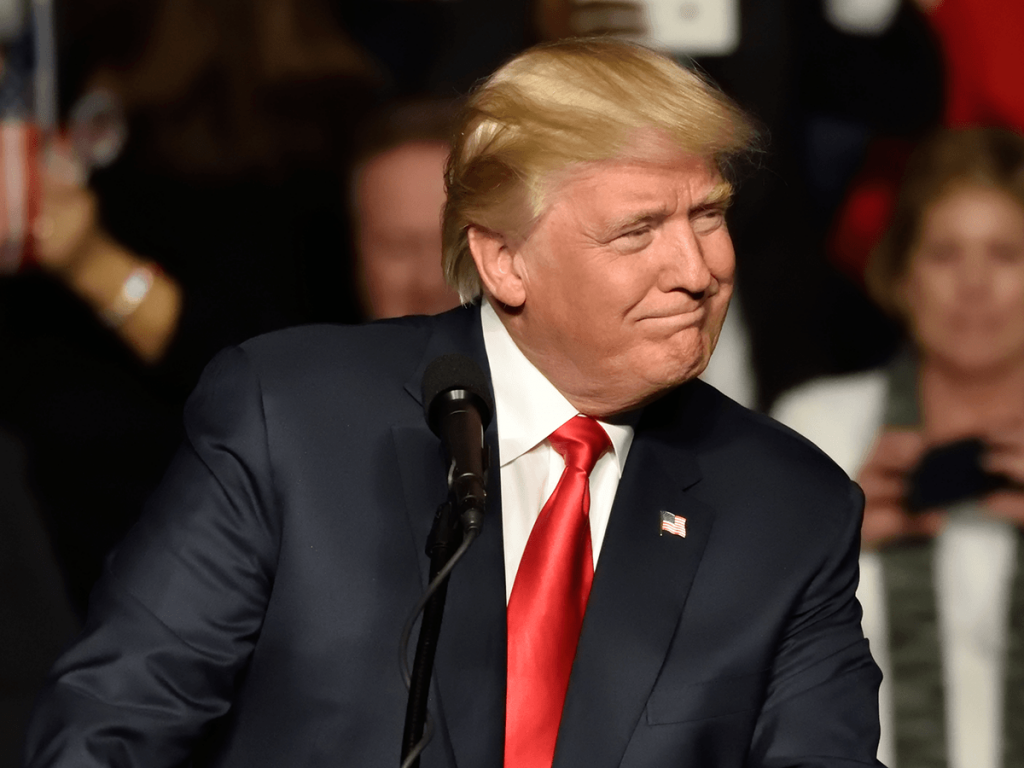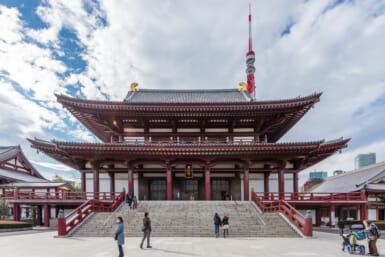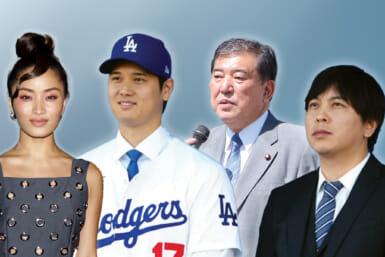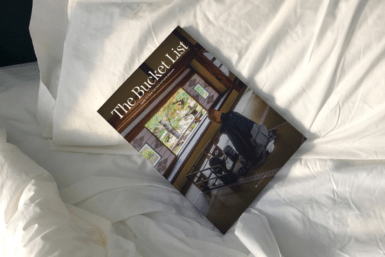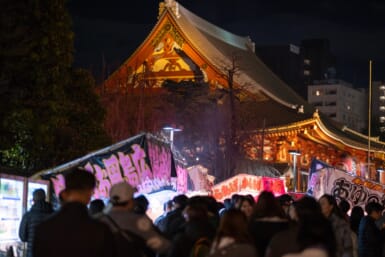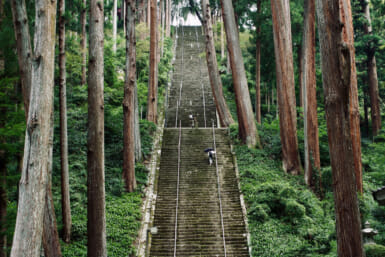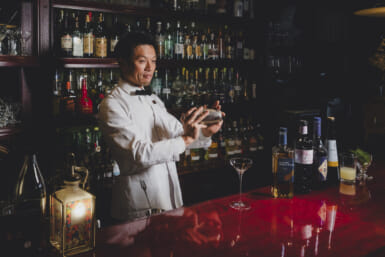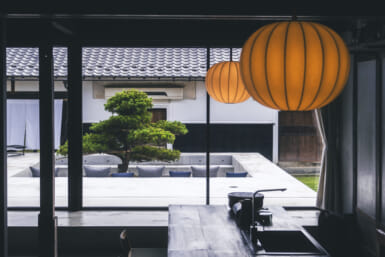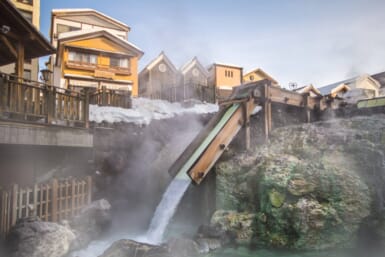US President Trump will visit Japan at the beginning of a 12-day, multinational tour in Asia. During his November 5-7 stay in the country, he is expected to address weighty matters such as continuing tensions with North Korea, while also engaging in some less serious pursuits, including golf with Prime Minister Shinzo Abe and Japan’s top golfer Hideki Matsuyama and a visit from Piko Taro.
Trump’s Asia tour will take place from November 3 to November 14, and Japan is the president’s first leg of the trip in an Asian country; prior to coming to Japan, he will make a stop in Hawaii where he will receive a briefing from the US Pacific Command.
In Japan, Trump will meet with members the Japan Self Defense Force, and may pay a visit to the country’s largest warship. He may also meet with the families of people who have been abducted by North Korea. Trump also has a meeting planned with Emperor Akihito. Of course, there will be plenty of face time with Shinzo Abe, a world leader who has managed to cultivate a very strong relationship with the mercurial US president.
Abe’s Liberal Democratic Party-led coalition has recently come off of a very strong election that was seen as a referendum on the North Korea threat. When asked what was first on the minds of Japanese politicians when it came to Trump’s visit, Sachiko Hirakawa, Associate Professor at the Center for International Education at Waseda University, she said that this issue was first at hand.
“This time, the North Korean issue definitely has Japan’s attention. Getting mutual assurance of the US and Japan’s close and systematic communication regarding joint strategies should be the top priority.”
Hirakawa was also quick to warn that the bonhomie between Abe and Trump did not immediately translate into good relations between Japan and the US, particularly when it comes to the rapid turnover in Trump’s Cabinet: “For example, the unstable or fluctuating staffing issues – the frequent resignations of key people such as [former National Security Advisor] Michael Flynn, [former Chief of Staff] Reince Priebus, and [former White House Chief Strategist] Bannon – under the Trump administration have confused the Japanese government. We want our counterpart to be more consistent and stable.”
In addition to bilateral talks and serious matters of state, Trump will also make time to hit the links with the world’s number four golfer, Hideki Matsuyama, and Prime Minister Abe. He’s also going to be entertained by Piko Taro, the man behind last year’s unavoidable hit song, “PPAP.”
After his stop in Japan, Trump will visit South Korea, where he will meet with President Moon Jae-in and address the country’s National Assembly. In his speech, he is expected to make a call for the world community to maximize pressure on North Korea. Unlike many of his predecessors, he will not make a visit to the demilitarized zone between North and South Korea.
Following South Korea, Trump will visit Beijing to meet with President Xi Jingping and take part in bilateral and commercial events. He will travel to Vietnam on November 10, and take part in the Asia Pacific Economic Cooperation Leaders’ Meeting. He is expected to give an address at the APEC CEO Summit where he will explain, in the words of a statement from the White House, the “United States’ vision for a free and open Indo-Pacific region and underscore the important role the region plays in advancing America’s economic prosperity.”
Trump will then move on to the Philippines, where he will attend a dinner marking the 50th anniversary of the institution of the Association of Southeast Asian Nations (ASEAN) and celebrate the 40th anniversary of US-ASEAN relations at the US-ASEAN Summit. He will also hold talks with Philippine President Rodrigo Duterte and other leaders of southeastern nations.
When asked what the US’s Asian allies hope to see from a Trump visit to the region, Hirakawa said that they were looking for “a balanced positive vision of regional security” and “prudential diplomacy.” For Trump – who has just seen charges being filed against three former campaign officials as a part of an ongoing investigation into possible collusion between Russia and the Trump presidential campaign – the Asia trip may be an opportunity to get out of the hot seat.
Main Image: Evan El-Amin / Shutterstock.com
[Edited to indicate that US President Trump will not make a visit to the demilitarized zone.]

